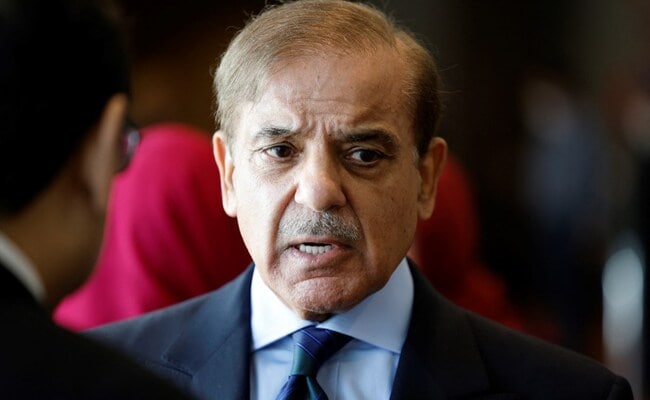The Pakistan government has held out against tax rises and subsidy slashing demanded by the IMF, fearful of backlash ahead of October elections.
Pakistan's Prime Minister Shehbaz Sharif stated that the country will have to agree to the International Monetary Fund (IMF) bailout conditions, despite them being "beyond imagination". An IMF delegation arrived in Pakistan for critical talks to revive financial aid, which has been stalled for several months. The government has been hesitant to accept the IMF's demands for tax increases and subsidy cuts, due to concerns about the reaction from the public before the elections in October.
Pakistan's economy is facing a severe challenge, with a balance of payments crisis and high levels of external debt, along with political instability and security issues. The country's foreign exchange reserves recently dropped to $3.1 billion, which is only enough to cover less than three weeks of imports, according to the central bank. Inflation has reached a 48-year high, making it difficult for citizens to afford basic necessities.
With the threat of national bankruptcy and no other options for a bailout, the government has started to comply with IMF demands. Controls on the rupee have been relaxed to control the black market for US dollars, causing the currency to reach a record low. The government has also raised artificially low petrol prices. The country is no longer issuing letters of credit, except for essential food and medicines, causing a backlog of shipping containers at Karachi port.
The deteriorating economy reflects the political turmoil in the country, with former Prime Minister Imran Khan pushing for early elections while his popularity remains high. Khan secured a multi-billion-dollar loan package from the IMF in 2019, but he did not follow through on promises to cut subsidies and market interventions, causing the program to stall. This pattern of breaking IMF deals is common in Pakistan, where most people live in rural poverty and there have been over two dozen broken IMF deals over the decades.